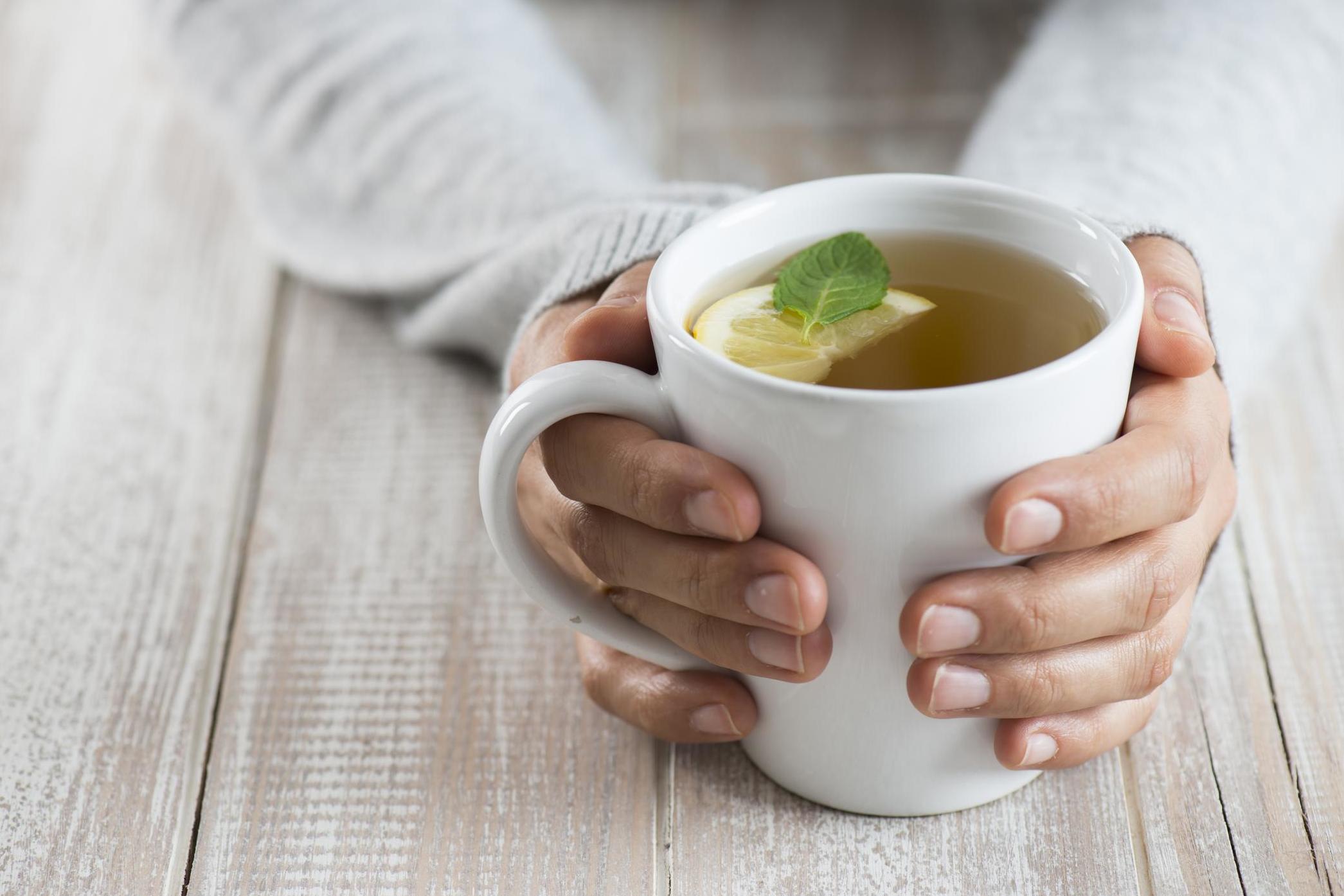When you order a coffee, do you ask for it to be “extra hot”?
Whether you enjoy tea, coffee or something else, hot drinks are a comforting and often highly personal ritual. The exact temperature to brew tea or serve coffee for the best flavour is hotly debated.
But there may be something else you’re not considering: your health.
Yes, hot drinks can be too hot – and are even linked to cancer. So, let’s take a look at the evidence.
What’s the link between hot drinks and cancer?
There is no evidence for a link between hot drinks and throat cancer and the evidence for a link between hot drinks and stomach cancer is unclear. But there is a link between hot drinks and cancers of the “food pipe” or oesophagus.
In 2016, the International Agency for Research on Cancer classified drinking very hot beverages, meaning above 65°C, as “probably carcinogenic to humans” – this is the same risk category as emissions from indoor wood smoke or eating a lot of red meat.
The agency’s report found it was the temperature, not the drinks, that were responsible.
This is based mainly on evidence from South America, where studies found a link between drinking a lot of maté – a traditional herbal drink usually drunk at around 70°C – and a higher risk of oesophageal cancer.

Similar studies in the Middle East, Africa and Asia have also supported the link between drinking very hot beverages and developing oesophageal cancer.
However, until recently, we didn’t have substantial research exploring this link in Europe and other Western populations.
This year, a large study of almost half a million adults in the United Kingdom confirmed that drinking higher amounts of very hot drinks (tea and coffee) was associated with oesophageal cancer.
The study found that someone who drank eight or more cups a day of very hot tea or coffee was almost six times more likely to develop oesophageal cancer, compared to someone who didn’t drink hot drinks.
How do hot drinks cause cancer?
Drinking a lot of very hot drinks can damage cells in the oesophagus lining, and it’s believed over time this can lead to cancer developing. Researchers first proposed this link almost 90 years ago.
What we know about how hot drinks can damage the oesophagus mainly comes from animal studies.
Very hot water may accelerate cancer growth. One animal study from 2016 studied mice that were prone to developing cancer. Mice given very hot water (70°C) were more likely to develop precancerous growths in the oesophagus, and sooner, compared to mice given water at lower temperatures.
Another theory is that heat damage to the oesophagus lining weakens its normal barrier, increasing the risk of further damage from gastric acid reflux (from the stomach). Over time, this chronic damage can increase the chance of oesophageal cancer developing.
Does how much you drink matter?
The risk of cancer may depend on how much hot liquid you drink in one sitting and how quickly. It seems drinking a lot in one go is more likely to damage the oesophagus by causing a heat injury.
In one study, researchers measured the temperature inside the oesophagus of people drinking hot coffee at different temperatures.
Main symptoms of oesophageal cancer
NHS
Oesophageal cancer can affect your digestion, such as:
- having problems swallowing (dysphagia)
- feeling or being sick
- heartburn or acid reflux
- symptoms of indigestion, such as burping a lot
Other symptoms include:
- a cough that is not getting better
- a hoarse voice
- loss of appetite or losing weight without trying to
- feeling tired or having no energy
- pain in your throat or the middle of your chest, especially when swallowing
- black poo or coughing up blood (although these are uncommon)
They found the size of the sip the person took had more impact than how hot the drink was. A very big sip (20 millilitres) of 65°C coffee increased the temperature inside the oesophagus by up to 12°C. Over time, large sips can lead to sustained heat injury that can damage cells.
The occasional small sip of coffee at 65°C isn’t likely to result in any long-term problems. But over years, drinking large amounts of very hot drinks could very well increase the risk of oesophageal cancer.
So, what’s a safe temperature?
The brewing temperatures for drinks such as coffee are very high – often close to the boiling point of water.
For example, takeaway hot drinks may be sometimes be served at very high temperatures (around 90°C) to allow for cooling when people drink them later at the office or home.
One study from the United States calculated the ideal temperature for coffee, factoring in the risk of heat injury to the oesophagus while preserving flavour and taste. The researchers came up with an optimum temperature of 57.8°C.
Tips to consume hot drinks safely
Slow down, take your time and enjoy.
Allowing time for a very hot drink to cool is important and research has shown a hot drink’s temperature can drop by 10–15°C in five minutes.
Other things that may help cool a hot drink:
- stirring and blowing
- opening the lid on a takeaway drink. Coffee with the lid off can cool twice as fast as with the lid on
- mixing in some cool water or milk.
Finally, small sips are a good idea to test the temperature, given that we know having a large amount has a significant impact on the temperature inside the oesophagus and potential damage to its lining.
Vincent Ho is an Associate Professor and Clinical Academic Gastroenterologist at Western Sydney University.
This article is republished from The Conversation under a Creative Commons license. Read the original article.
#Hot #drinks #linked #type #cancer #Heres



